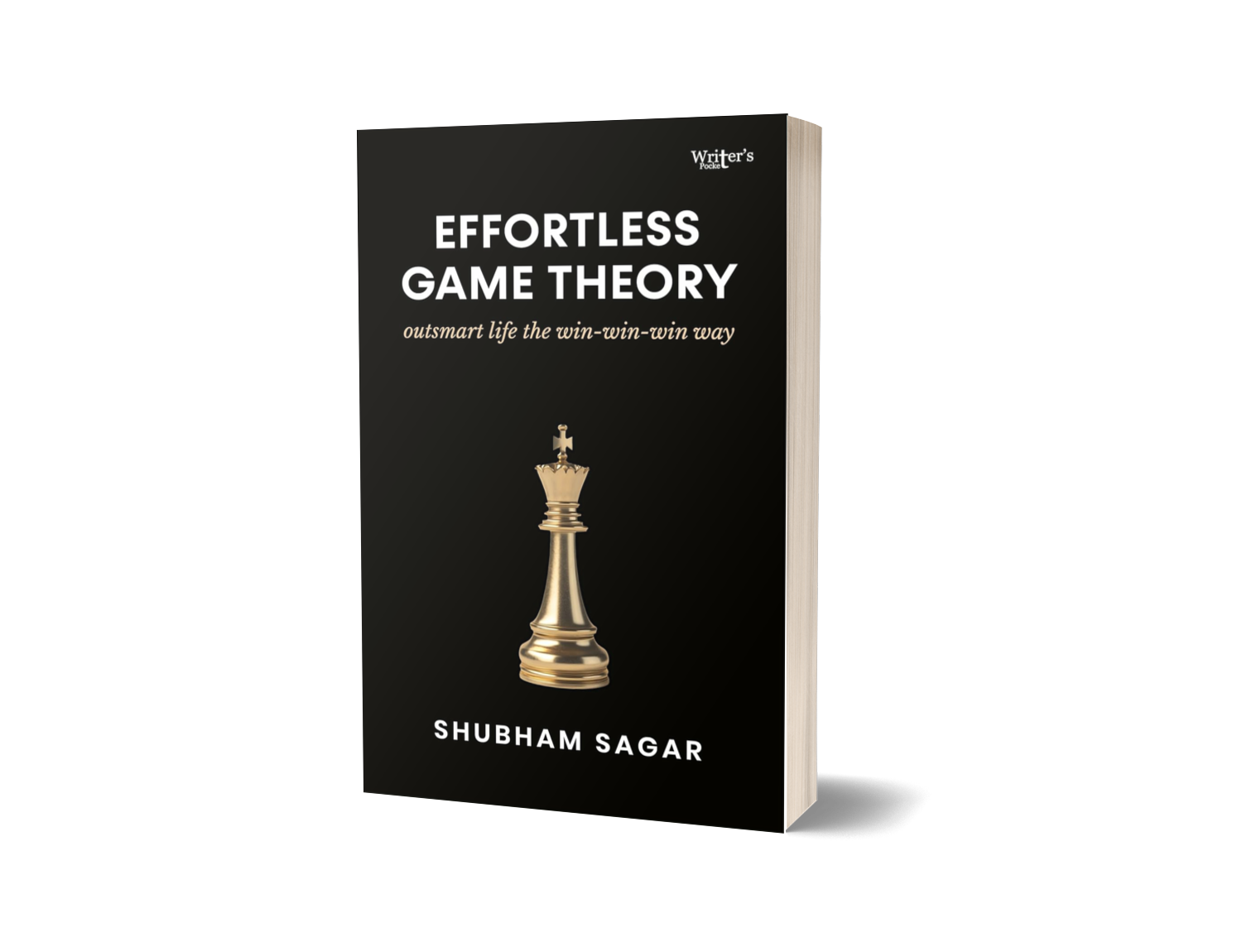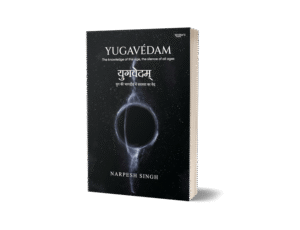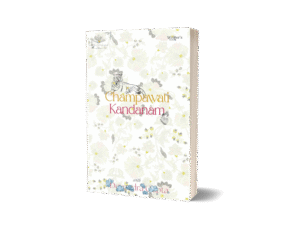Publish your book for free
Trusted by over 10,000 writers.
Publish your book within 30 days and earn 100% royalties for lifetime!
Description
Game Theory as an Effortless Lens
Most people approach life like a treadmill. They grind, they hustle, and they push harder each day — and often end up exhausted without moving much closer to what they actually want. What if the smarter way wasn’t working harder but working with leverage? What if the smallest, most deliberate move could tilt the entire game board in your favour?
That is the promise of game theory when applied not to abstract math but to everyday life: the ability to outsmart without overworking. Game theory gives us a set of lenses to see interactions differently — not as a blur of noise but as structured patterns. Once you know what game you’re in, the noise falls away, and the winning moves become obvious. Game Theory: Outsmarting Without Overworking
At its core, game theory is the study of strategic interaction. It began as a mathematical tool for analysing competition and cooperation in economics, politics, and war. But stripped down, it’s simply a way of asking, ‘What happens when my choices depend on your choices, and your choices depend on mine?’
This simple question explains why nations avoid wars they could technically win, why markets converge on equilibrium, and why a well-timed silence in a negotiation can be more powerful than a hundred words. Game theory turns messy human interaction into clarity.
Only logged in customers who have purchased this product may leave a review.






Reviews
There are no reviews yet.